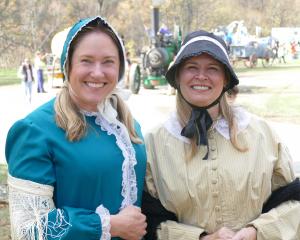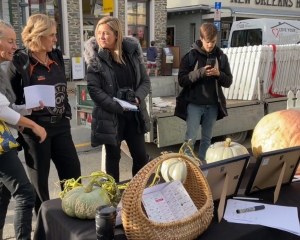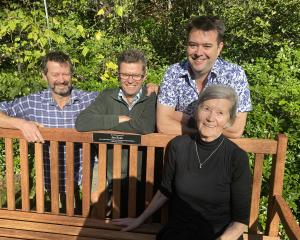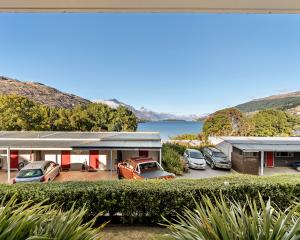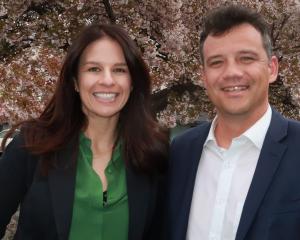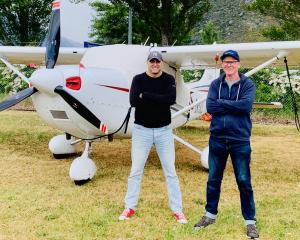A decision by Queenstown's council to spend another year talking about a Local Alcohol Policy (Lap) has disappointed those dealing with the fallout from excessive drinking.
Queenstown Mayor Vanessa van Uden has formed a working party with councillors Merv Aoake and Ella Lawton, and regulatory head Lee Webster to determine what needs to be in the district's Lap and when it should be introduced.
The group is expected to report to the council by next June.
Salvation Army social worker Hine Marchand said booze was a ''massive'' issue in the district and the council should not be taking another year.
''It's destroying families and young people who come to town.
''I sat in court the other day and counted 16 alcohol cases in two and a-half hours. I reckon 90% of cases in general are alcohol-related.
''People come through our doors all week with problems. It's constant.''
A Lap could shorten opening hours, limit where, when and how alcohol is sold across the district, and introduce other measures.
Alcoholics Anonymous member Errol Frewen, 35 years sober, said the delay was ''ridiculous''.
Mr Frewen, not speaking on behalf of AA, said: ''They need to make these decisions now but have put it in the too-hard basket.
''It's hard for people coming to us because there are outlets everywhere - and one drink will do the damage.
''Myself, I'm always going to be an alcoholic and know I'm only one drink away.''
His daughter Maria is a registered nurse who works with Queenstown Lakes Family Centre.
''As a community, we've been talking about it [a policy] for a very long time, Ms Frewen said.
''Anything that can limit access to alcohol can help families.''
But Mr Webster said the council needed to take a considered approach that took into account the spectrum of community opinion.
It would also have to justify any Lap, as the vast majority of those already in place elsewhere had faced legal challenges from licensees.
''Council's in that precarious position where we need to sit right in the middle and get information from all avenues and make an informed decision.
''We're able to be precautionary, providing we can demonstrate why.''
The council had carried out pre-consultation with the community online, the police and medical officer of health, Public Health South, Dr Derek Bell.
Dr Bell said the problem was not drinking, but excessive drinking, and he was comfortable with the council taking another year.
''Case law arising from these appeals will probably assist QLDC in getting a robust provisional Lap developed.
''It also allows time for further collection of evidence of local alcohol-related harm.''
There was a growing recognition that night-time economies could be improved by earlier closing times, and other ''party towns'' internationally had tighter rules.
Former licensing inspector Nik Horn, now a bar manager trainer with The Training Bureau, questioned the need for a Lap altogether.
''There's no point unless you feel the Act [Sale and Supply of Alcohol Act 2012] is not meeting local need.''
The Act is enforced by the police and local licensing committee.
It defines intoxication for the first time, which prompted a Queenstown police crackdown, when officers went from bar to bar checking patrons.
Mr Horn said that operation had been targeted rather than a broad brush used.
''There are obviously managers, licensees and staff who need to improve, as we are getting grossly intoxicated people on the streets.''
Mr Webster said a draft policy could be tabled anytime within the next year, or the June 2016 report could recommend Queenstown did not need an Lap yet.
Laps are not mandatory under the Act.

